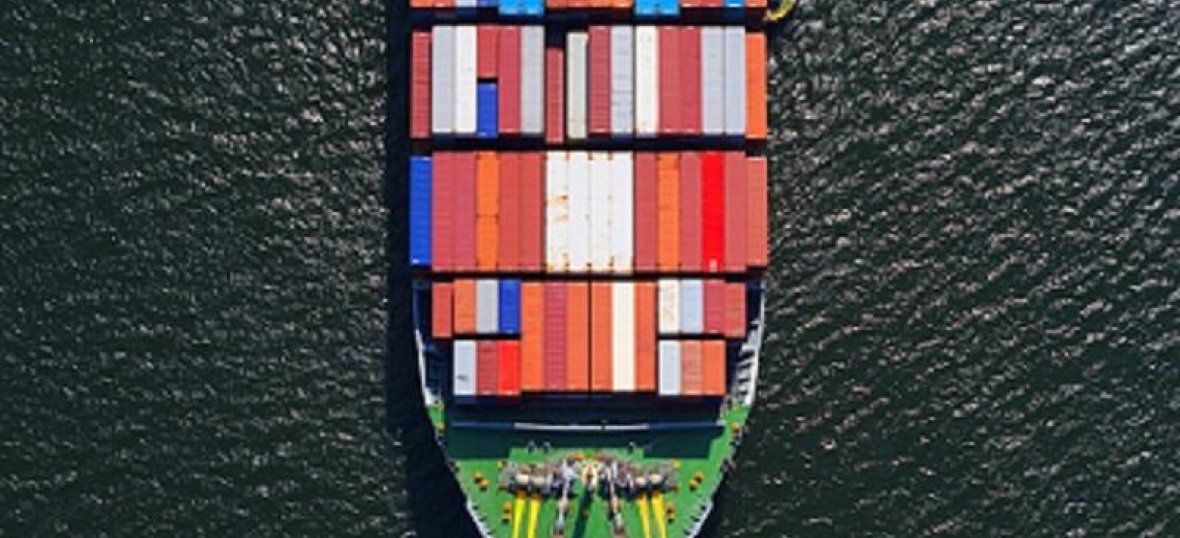The published OECD report addresses the rules for a 15% global minimum tax for Multinational Enterprises (MNEs) with an annual revenue of EUR 750 million or more in at least two of the four previous financial years.
On December 22, 2021, the European Commission also published a proposed EU Directive to incorporate the Pillar Two rules into EU law. The provisions of this draft EU Directive generally mirror the OECD Model Rules that were released on December 20, 2021 but with a broader scope.
-
To achieve consistency with EU law, and particularly with the principle of freedom of establishment, the Directive is not limited to cross-border situations, but also applies to domestic groups. It requires the Member State of a constituent entity applying the Income Inclusion Rule (IIR), which is usually the jurisdiction of the ultimate parent entity (UPE), to ensure effective taxation at the minimum agreed level, not only of foreign subsidiaries but also of all constituent entities resident in that Member State and permanent establishments (PEs) of the MNE group established in that Member State.
-
This difference (or broader scope) is especially relevant to special tax regimes governing the maritime industry in the EU (EEA), such as tonnage tax and accelerated depreciation schemes that are based on EU State aid rules, and its Guidelines on state aid to maritime transport in particular.
-
Both in the OECD Model Rules and in the Directive, international shipping income and partly ancillary international shipping income is excluded from the application of the GloBE Model Rules. This exclusion follows the principle whereby in national tax systems, income from shipping is often taxed pursuant to a separate set of rules from those of the mainstream corporate tax system.
-
The draft OECD Model Rules and the EU Directive will first of all impact companies operating offshore vessels under a beneficial tonnage tax or other regime, resulting in a low effective tax rate. Secondly, the shipping exclusion is drafted such that it will effectively not exclude from its scope internationally operating shipping companies that enjoy beneficial regimes at this time. This is due to the current wording of the draft exclusion.
Our experts can help you identify the impact of the new rules on your current maritime business model and legal structure. We would be happy to assist you in establishing whether the shipping exclusion applies to your current set-up.


